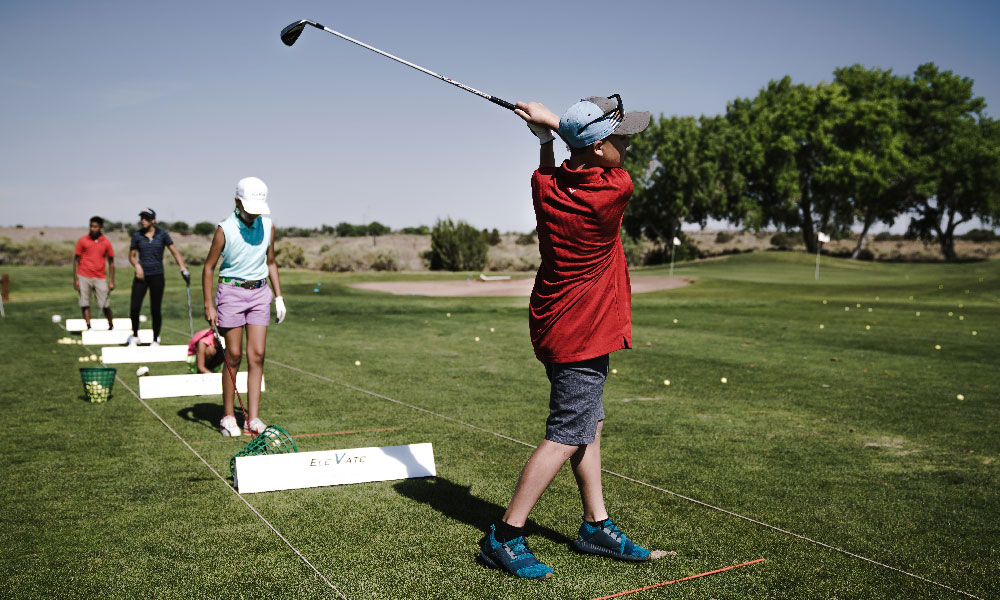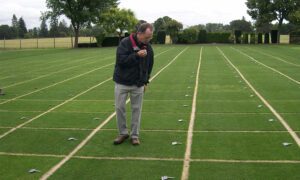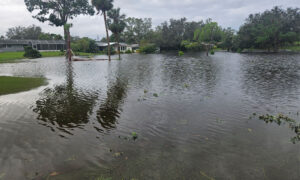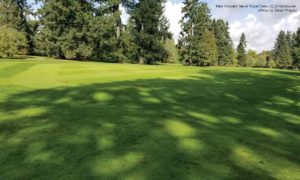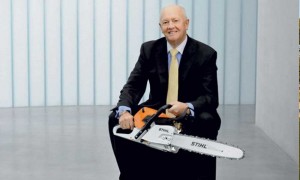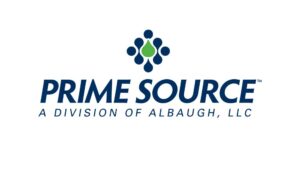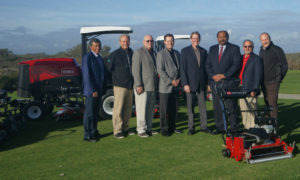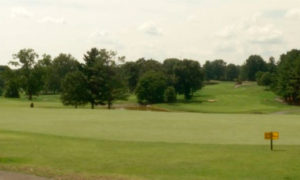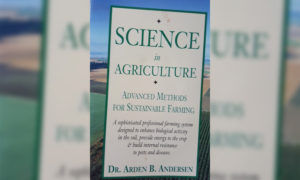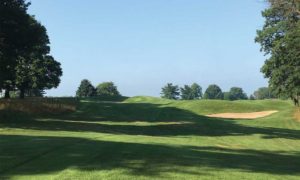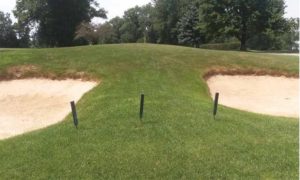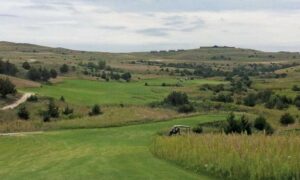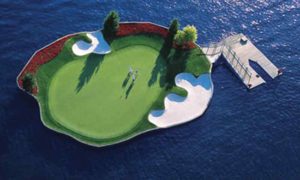While researching my book, “Golf Courses of the Pacific Northwest,” a few people suggested I ignore out-of-the-way dog tracks – or “Cow Pasture Pool Parlors” – which lack the conditioning or niceties of other places. But I visited and/or played all the 550 courses in that volume. Besides, the book wasn’t entitled, “Particularly Decent Golf Courses of the Pacific Northwest.”
The other day I got to recalling some of the ragtag places I made a point to experience and write about, which I’ll forever be glad I did.
This type of layout is also called a “Ponky,” a term immortalized in Rick Reilly’s ribald novel, “Missing Links.” Based on a real course in Canton, Mass., his fictional Ponkapoag Municipal Course and Deli resides in a working-class neighborhood next door to the private, invitation-only Mayflower Club, a hallowed, mysterious ground the characters at Ponky waged bets over to see who among their rabble would be the first to finagle an invite to play. The book’s an enjoyable, fun read.
Every state in America has a Ponky – and likely more than a few. These often-ramshackle places, most of which eke out a tremulous subsistence, provide a handy recreational outlet that affords competition, conviviality and camaraderie for those who frequent it, playing conditions be damned.
One course that measures up to a Ponky is West Richland Muni, whose 18 back-and-forth fairways traverse flat, unremarkable terrain beside the Yakima River in the summer-sere central Washington town of West Richland. The property is now owned by the city, which acquired it in the 1980s. Since then, it’s been leased to various golf pros who – at least at the start of their tenures – promised to turn the place around.
But nobody has had much luck making West Richland Muni a golf destination in the Tri-Cities, a mini-megapolis made up of Kennewick, Pasco and Richland (not to be confused with West Richland). Kennewick is the wealthier of the three towns, which now have a combined population of over 181,000. Pasco is at the opposite end of the economic spectrum to Kennewick, while Richland lies somewhere in between. West Richland is the unadopted fourth child of the triumvirate.
Perhaps the area’s greatest claim to fame is that it’s home to the Hanford Nuclear Reservation, where America’s first atomic bomb (curiously called “Little Boy”) was built. This is the device that brought an end to World War II after it was dropped from the “Enola Gay,” the B-29 Superfortress that leveled Hiroshima.
My late uncle Joe worked at Hanford during the war. His recollections of that job were fuzzy, and for good reason. No Hanford workers knew what the heck they were building, presumably due to concerns they’d honor their consciences and quit if they ever found out.
Joe assembled some sort of tiny gizmo, just like thousands of others built their own seemingly unrelated tiny gizmos. It wasn’t until near war’s end when all the tiny gizmos merged into one horrific package that the workers learned they’d built “The Bomb.” To prevent detection by enemies, the workers lived in small, flat residences within the reservation, slightly better accommodations than those in Japanese-American internment camps out here in the West.
The 70-mile section of the Columbia River bordering Hanford is still that mighty river’s longest and most untouched stretch. Bereft of development or agriculture since 1943, mainly due to the volatility of the nuclearized soil, the 303-square-mile expanse was designated the Hanford Reach National Monument in 2000, ensuring it will remain a chapter in America’s history.
Though its purpose will be forever questioned by historians and ethicists, Hanford spurred the development of the Tri-Cities. There’s still a sense of civic pride for its origins, as evidenced by Richland High School’s athletic teams being named the “Bombers.” The Hanford Nuclear Reservation is still one of the area’s primary economic engines thanks to it being a decades-long, multi-billion-dollar federal Superfund site, a project – for us Washingtonians anyway – with seemingly no end in sight.
West Richland Muni holes cross featureless ground in a desert landscape east of the Cascade Mountains in the Evergreen State’s so-called “Dry Side.” There are a few trees defining play, but not many, and in no way does the course benefit from its proximity to the Yakima River. There are no forced carries over water, and there really aren’t any good views of the waterway, which at this point in its 214-mile length is meandering and sluggish, quite undramatic. About the only time, the Yakima comes into play is spring when filled with enough mountain snow-melt, washes over its banks and covers the lower sections of the golf course.
My first visit to West Richland Muni was in August 1987. The temperature was 108 degrees when I arrived at 5 p.m. (it can get really hot in this part of the state). The course was the last of six I’d visited that day. I was ending my day hereafter leaving a friend’s house at 5:00 that morning from my hometown of Yakima, about 80 miles away. That city’s monikers of “Yaki-Vegas,” “Palm Springs of Washington,” and “Fruit Bowl of the Nation” stem from the Yakima Valley’s abundance of well-irrigated apples, pears, cherries and all manner of row crops and hops.
No such fertility was evident at West Richland Muni.
The 5,800-yard course has gone through four name changes since it opened in 1952. The layout was built by Colin Blier, who called it Edgewater. Blier sold it to the Elks Lodge in 1968, and it became the West Richland Elks. During the Elks’ ownership, the course thrived. The members plied its fairways and ate, drank and gambled in the clubhouse. The town acquired the land in the ‘80s from the Elks, which at that time was divesting itself of the dozens of U.S. golf courses it owned and operated. The city renamed it Tapteal and, finally, West Richland Muni.
One of my best friends grew up in the Tri-Cities and later became a head professional for over 30 years. Ron Stull learned his golfing chops at West Richland, starting in 1955 when he was 8 years old. While employed there through 1963, Ron either walked to the course from his Richland home or was driven by his mother, who worked in the clubhouse restaurant. Ron performed all manner of menial golf tasks, such as picking the driving range. The youngster was also propped up on a stool to take green fees.
Ron confirmed my assessment as the course as being a “Ponky.” I never would have written this without his endorsement. He also gave me a chronology of the golf pros before Ralph Rossetti, who was running the place on my first visit.
Bill Walton was the initial pro. Ron said the first round Bill ever shot was a 75. Before Walton took his first step onto a golf course, he haunted the driving range to hone his skills. Walton birdied the first hole he ever played. Next up was Joe Rogers, who Ron discounted as a “common drunk.” Davey Evans followed. Stull said he was a very good player but a “womanizer.” Stull related that he got his first job as an assistant pro from Evans at Glenbrook Golf Course in Lake Tahoe, Nevada.
Next up was Rosetti, who entered the golf business after retiring from the military. Rosetti wasn’t exactly cut out for the customer-service aspects of his new career. Ron said that whenever a golfer would pull into West Richland’s gravel parking lot, Ralph would peak through a window and mutter, “Here comes the enemy.” I heard this utterance first-hand while I visited with Ralph in his dingy, concrete-block pro shop when a patron arrived.
But Stull liked old Ralph. When Ron was discharged from military service, he played several rounds without golf shoes as he was shy on cash. Yet, when he showed up at West Richland for his first-round back at his old course, Ralph loaned him a pair. Ron went out and shot a 66.
When I arrived that stiflingly hot August afternoon, I found Ralph to be cooperative, but not really in the mood to divulge much about the golf course. It felt like I needed a security clearance to pry information from him. After hearing a few cursory responses, I asked to borrow a cart so I could take notes and photos of his course, and end my day.
Ralph said “Sure” – appearing glad to get me out of his hair, and handed me the keys to a dented 1960s-era Harley Davidson three-wheeler, the only golf cart available for rent.
I managed to ignite the wheezing, smoke-belching Harley, and bounded brakeless down a short hill below the pro shop to check off my day’s final stop. I rolled over the browned, hardened, rocky turf, dutifully taking notes, clicking off a few shots, and trying my hardest to find something compelling to write.
Perspiration was pouring down my arms and face, sparked by the weather and the steaming two-stroke engine underneath me. About 20 minutes into the tour, the Harley let out a loud bang and a billowing, noxious cloud of smoke. After a brief but final chug, the engine died – at a point farthest from the pro shop.
I slogged back through the heat and a handful of golfers to tell Ralph the bad news. He took it surprisingly well, waving his hand and saying, “That cart dies all the time. I’ll haul it in later.”
On a subsequent visit, I saw all the holes at West Richland Muni. About the only memorable one was the 2nd, a par-5 of some 600 yards.
By then, five years after that first visit, Richland native Rod Marcum was managing the course. Rod was one of several really good players who learned the game here. These included Ron and his brother, Steve Stull, a four-time state high-school golf champion, winner of multiple Northwest pro events, and a long-time head golf pro at private clubs in eastern Washington. Steve later was the top qualifier for the European Senior Tour, and won the second time he teed it up on that circuit.
Marcum promised great improvements upon taking over West Richland’s helm, such that he’d return the course to its Elks’ glory days. He sought to install a new irrigation system and build a new clubhouse. Though these two projects were difficult to complete, he made headway developing junior players, ensuring that a new generation would not miss out on the West Richland Muni experience.
Sadly, Marcum suffered a stroke and died in 1999 at age 41. His obit mentioned his drug addiction and a year-long participation in a drug-treatment program. Despite his off-course troubles, Rod could play. He attended New Mexico State and was Missouri Conference All-League for two years. After joining the PGA of America, Rod competed in two national club-pro championships. He came out of nowhere to win the 1988 Washington State Open at private Meadow Springs Country Club in nearby Richland. After the victory, Rod hosted a rowdy party at the bar where he reportedly spent most of his $7,000 winnings on drinks for friends.
Rod operated West Richland for 10 years, and frequently clashed with West Richland officials. In 1998, he abruptly fired 18 employees, including his brother Jeff Marcum and his sister, Terri Rullman, who ran the restaurant. Rod then hired a whole new staff, while his brother and sister started Buckskin Golf Course near the Richland Airport. (On another food-related note, in 2001 the chef at West Richland Muni lost about 70 percent of the muscles, fat and tissue in his right leg after he was “attacked” by flesh-eating bacteria – called necrotizing fasciitis.)
Another West Richland Muni anecdote comes from my retired-dentist friend, Charlie, who grew up with Ron Stull in the Tri-Cities. “One hilarious story was that some hillbilly (of which the Tri-cities has a plethora of) bought a single-wide trailer and put it on private property inches away from the end of the driving range. Needless to say, the new goal for the golfers was to swing mightily and dent the trailer, which happened frequently . . . He filed a lawsuit and wheeled in a barrel of range balls from his front yard as evidence. The judge quickly ruled that he was a moron for having chosen that location.”
Rod loved the local muni track, and did his best to alter the fortunes of the woebegone place. “We did have our differences. There’s no doubt about that,” councilwoman Nancy Aldritch remarked to a newspaper reporter after Rod’s death. “But he worked long and hard on that golf course.”
The star-crossed facility has run into other obstacles. Rod’s widow, Michelle, made an agreement to buy the course in 2006 from the city, signing a $1.4 million promissory note. The old clubhouse burned down in 2008, but Michelle built a new one. Unfortunately, she encountered a lot of debt along the way. In 2015, the city of West Richland sued Michelle Marcum in federal bankruptcy court for failing to make payments.
Rod’s efforts – as well as those of his predecessors and successors – have borne fruit nonetheless. West Richland Muni regulars still play big-money games on Wednesday afternoons, while Tri-Cities’ kids take their first swats at a golf ball here.
Though the play rates have since nearly doubled, for years the course was stuck at a bargain-basement green fee of $10 for 18 holes. That was about what it was worth.
City officials still claim that the property provides valuable “green space,” bless their hearts, even though these fairways are brown most of the year.

